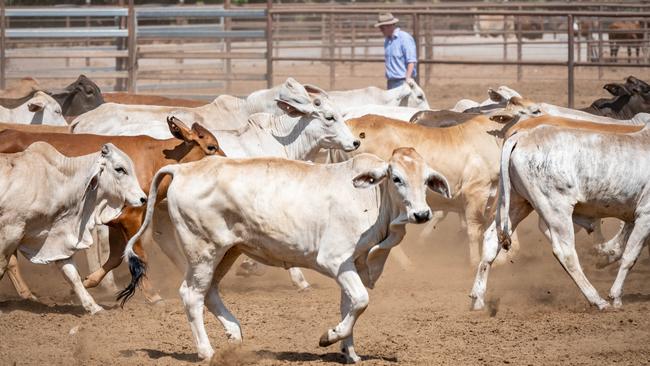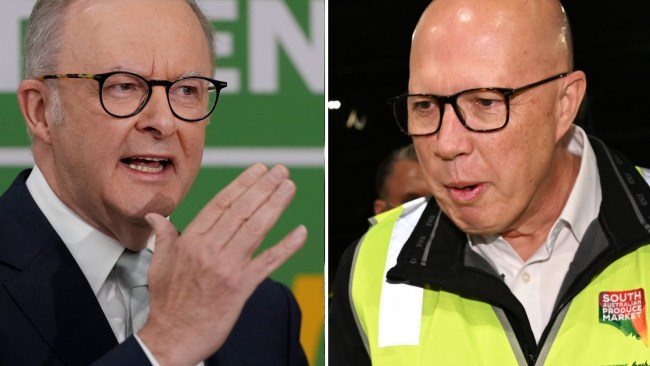Cattle farmers up in arms over delay to compensation payouts
The National Farmers’ Federation has accused the Albanese government of treating the cattle industry with contempt over its refusal to budge on a settlement for the live exports class action.

The National Farmers’ Federation has accused the Albanese government of treating the cattle industry with contempt over its refusal to budge on a settlement for the live exports class action.
More than 18 months after the government made a settlement offer of $215m, the peak agricultural organisation has criticised federal Attorney-General Mark Dreyfus for allowing the negotiations to drag on.
The settlement offer is less than half the $500m, plus interest, sought by the 215 businesses involved in the class action.
The stalemate comes four years after the government and live cattle exporters in the class action agreed to sit down to work out compensation for the unlawful snap ban imposed by the Gillard government in 2011.
Last week, Mr Dreyfus sent a letter to the NFF, saying the demands of the farmers in the class action were not based on a realistic assessment of the loss they sustained as a result of the ban.
NFF president David Jochinke said the government was contributing to the ongoing suffering of farmers caught up in the suspension.
“This is outrageously misleading and a disgraceful attempt to bluff the public and play games with people who’ve already lost so much,” Mr Jochinke said.
“We are talking about a wrongdoing from 2011, that’s still dragging on. Since that time people have died, businesses have collapsed and families have cracked under the pressure.
“Yet the government continues with this contemptuous behaviour, ignorant of the devastation the unlawful ban brought upon people who continue to suffer financially and emotionally.”

The issue has been a particularly sore point between the wider agriculture industry and the Albanese government.
In his letter, Mr Dreyfus said the government was committed to finding a resolution, but, as it would involve significant expenditure of taxpayer funds, it needed to be based on a realistic assessment of data.
He said the government’s offer was above farm profit levels from 2008 to 2015.
The claimants, including some of the country’s biggest beef companies, say the government’s actions had effects beyond 2011 and resulted in loss of business until 2014. “It’s incredibly misleading for the government to claim the loss occurred only in a single year and was confined only to expected profits,” Mr Jochinke said.
“Lost profits are only the tip of the iceberg. That doesn’t account for the market crash that followed the ban. It completely ignores the cattle deaths the ban caused, the losses exporters, veterinarians and other businesses in the supply chain suffered, or the forced property sales that ensued.”
In 2020, the lead claimant, the Brett Cattle Company, was awarded almost $3m in damages.
Last year, Federal Court judge Steven Rares expressed frustration with the delays and called for a “sensible resolution”, saying the matter was getting “utterly unrealistic”.



